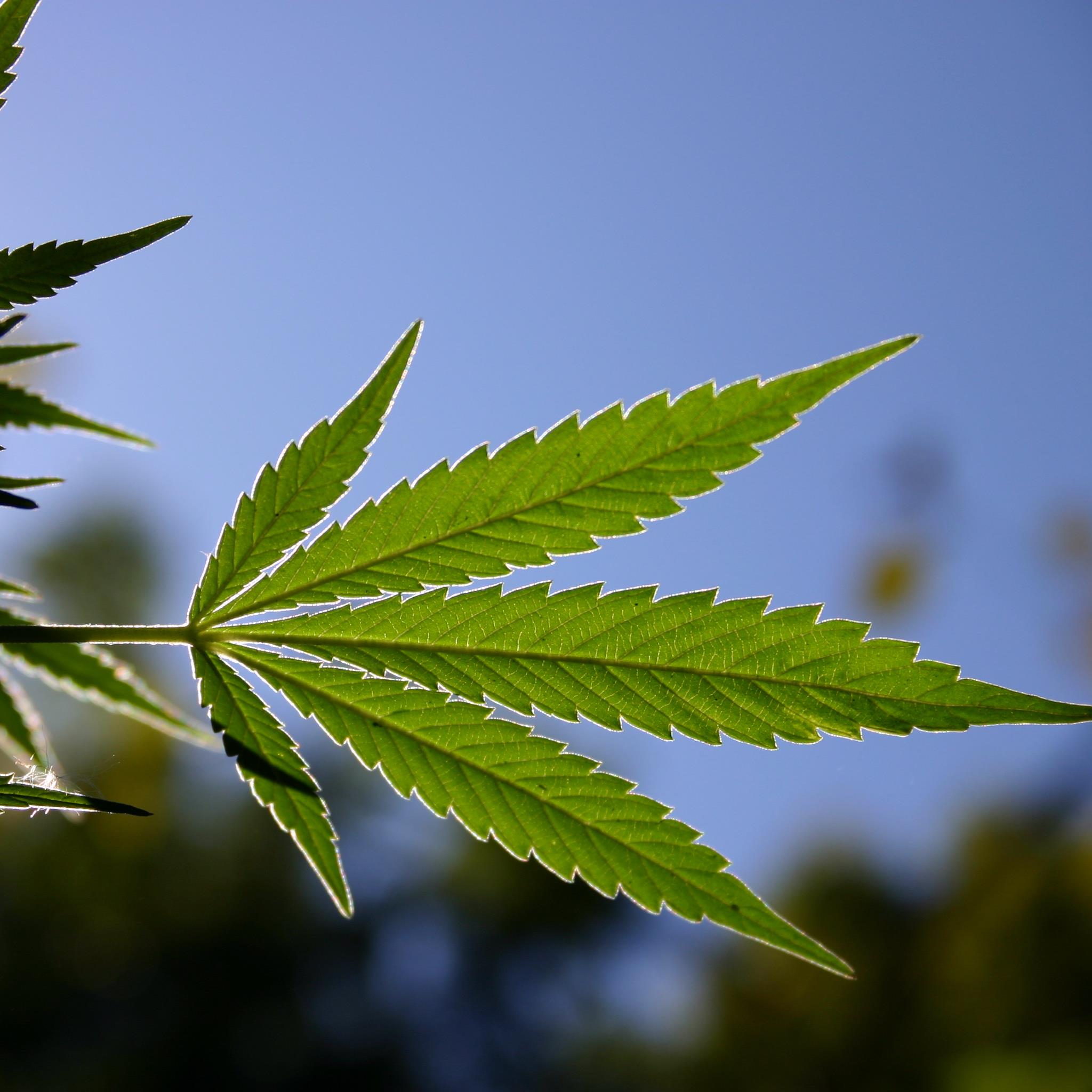
The death last week of Supreme Court Justice Antonin Scalia had an immediate impact on the future of marijuana legalization efforts in the U.S. The Supreme Court postponed a scheduled conference last Friday at which the justices were set to consider a lawsuit filed in late 2014 by the states of Nebraska and Oklahoma seeking to overturn neighboring Colorado’s 2012 law legalizing marijuana.
There are no lower court rulings on this case because it involves a dispute between two states and is, therefore, heard directly by the U.S. Supreme Court. In December of last year the U.S. Solicitor General filed a brief with the Supreme Court urging the court to deny the suit.
The two states argue that Colorado’s legalization has increased criminal activity in the two states, among creating other problems, and that the Colorado law violates the supremacy clause of the U.S. Constitution.
Colorado is on shaky ground. The challenge has little to do with marijuana per se. Nebraska and Oklahoma are simply asking the Supremes to follow a well-established constitutional principle: when state and federal laws are in conflict, federal law wins. That does not mean that the administration gets to choose which laws it enforces.
If the court were to accept Nebraska and Oklahoma’s arguments, the effect would be to invalidate legalization statutes in all the states.
No date has been announced for rescheduled conference. When the justices do meet to discuss this suit, a minimum of four votes is required in order to move the case forward.
Here are excerpts from other recent cannabis-related news stories.
Facebook Cracks Down on Marijuana Firms with Dozens of Accounts Shut Down
Facebook has recently launched an aggressive campaign to rid its sites of some cannabis-related material, deleting or suspending dozens of accounts operated by marijuana businesses, most of which had operated for years without so much as a warning about offensive material.
“We tried to log into Instagram, and a message said we violated their policy, but they won’t say what that violation is,” said Rick Scarpello, CEO of Incredibles, a Denver-based edible company. “I’ve written them every day, saying I’m not doing anything illegal and please reinstate my account.”
Over the last five years, social media has become essential in the movement to legalize marijuana and as an advertising tool for the industry. Large groups of pot-loving activists on the sites can be mobilized during an election or marketed to by a galaxy of startup companies.
So shutting down accounts can be a significant setback for the companies – not just dispensaries, but also ancillary businesses.
Read more at The Guardian.
Pot Smoking Early On Leads to Middle Age Memory Loss
The longer you smoke pot and the earlier you start smoking it, the more likely you are to have problems recalling words in middle age. But past exposure to marijuana doesn’t appear to affect other mental skills, such as processing speed and executive function. So says a recent large study that tracked marijuana use in more than 3,000 people over 25 years.
Participants came from a handful of cities.
“Cumulative lifetime exposure to marijuana remained significantly associated with worse verbal memory,” researchers wrote in the online medical journal, JAMA Internal Medicine.
Read more at the Detroit Free Press.
A Record Number of Drug-Crime Prisoners Were Exonerated in 2015
At least 47 defendants were exonerated of drug possession in 2015, representing a new record-high year for drug-crime exonerations, according to data compiled by The National Registry of Exonerationsat the University of Michigan Law School in Ann Arbor, Michigan.
In 2014, a total of 39 defendants were exonerated of drug crimes. In 2013, just 11 drug-crime defendants were exonerated.
Nearly all drug-crime exonerees in 2015 had been convicted on guilty pleas that involved false confessions. Of the 46 defendants convicted on false guilty pleas, 42 of them had pled guilty in Harris County, Texas alone.
A total of 149 individuals were exonerated for various criminal convictions across the country in 2015, which also represents a record high.
Read more at the Extract.
Marijuana Vouchers Handed Out at San Jose ‘Weed4Votes’ Awareness Campaign
Vouchers for a free gram of marijuana were given away in San Jose Friday to raise awareness for petitions to legalize the substance statewide in November.
The vouchers were distributed at a table across from City Hall and are only for adults. They can’t be redeemed for recreational use unless the state legalizes marijuana this year, Weed4Votes founder Dave Hodges said.
The giveaway was organized by Weed4Votes, a campaign aimed at legalizing marijuana this year and supporting two of three petitions that need to be submitted in April to qualify for the November ballot, Hodges said.
The two petitions supported by the campaign are the Marijuana Control, Legalization and Revenue Act and the California Cannabis Hemp Initiative. They would legalize marijuana for those 21 years old or over and give cities local control over marijuana, but not allow a ban unless approved by voters, Hodges said.
Read more at San Francisco CBSLocal.
As Marijuana Sales Grow, Start-Ups Step In for Wary Banks
When Lamine Zarrad was not at his job as a federal banking regulator in recent months, he was spending a lot of time at Denver’s marijuana dispensaries.
As a federal employee, he could not partake of the pot.
He was there, instead, to pitch the shops on a start-up he has been working on in his free time and is making official this week after quitting his job as a bank examiner at the Office of the Comptroller of the Currency, a division of the Treasury Department.
Mr. Zarrad’s start-up, Tokken (pronounced token), is one of several recently created companies looking to solve one of the most vexing problems facing marijuana businesses in Colorado and several other states: the endless flow of dirty, dangerous, hard-to-track cash.
Read more at The New York Times.
Thank you for reading! Have some feedback for us?
Contact the 24/7 Wall St. editorial team.
 24/7 Wall St.
24/7 Wall St.


